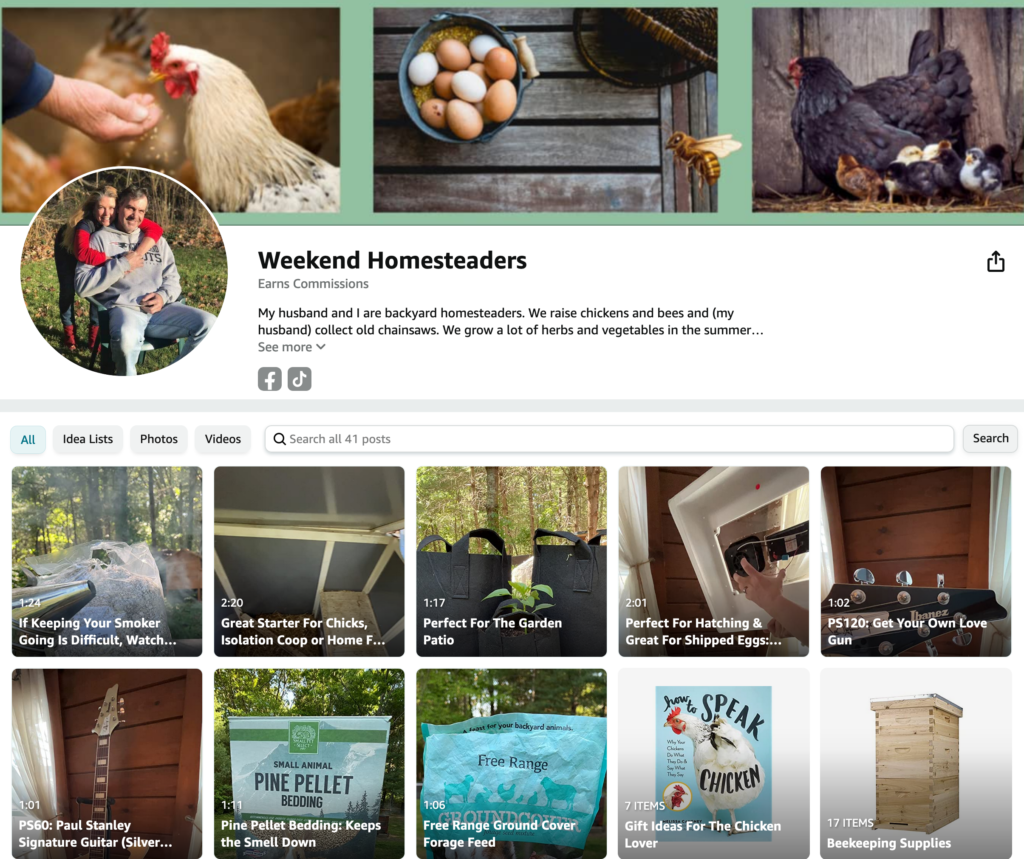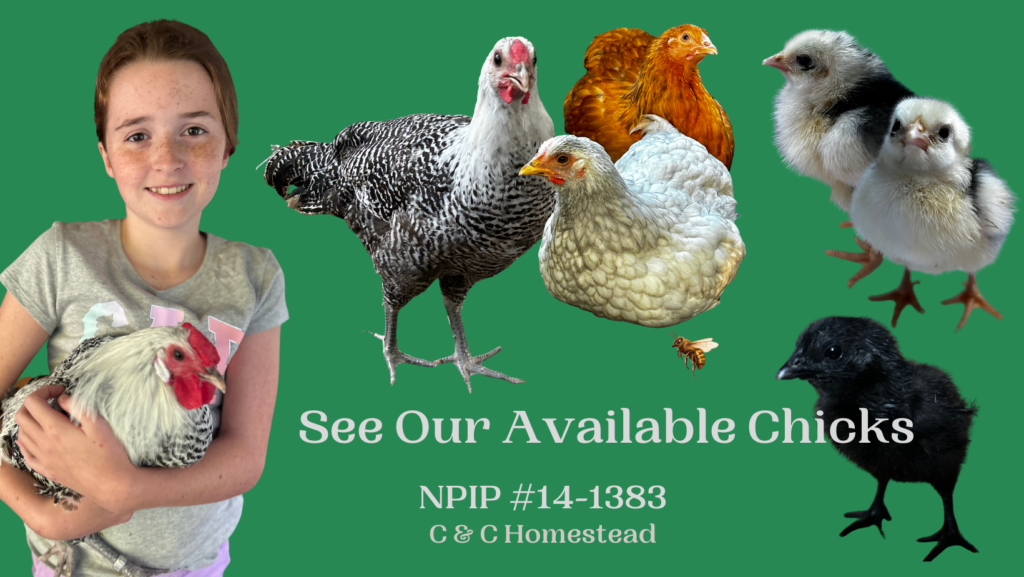Balancing Corporate & Homesteading Lifestyles
How To Maintain A Marek’s Positive Flock: A Guide For Backyard Chicken Keepers
Marek’s disease is one of the most common and feared illnesses among backyard chicken owners. Caused by a highly contagious herpesvirus, Marek’s can wreak havoc on flocks, leading to paralysis, tumors, and even death in some cases. If your flock has tested positive for Marek’s, it’s important to know that all is not lost—many chicken keepers successfully maintain Marek’s-positive flocks with the right management and biosecurity practices.
In this blog post, we’ll cover what Marek’s disease is, how it spreads, and most importantly, how you can care for your flock while preventing further transmission.
Understanding Marek’s Disease
Marek’s disease primarily affects chickens and spreads through infected feather dust, dander, and secretions. The virus can persist in the environment for months and infect other birds through inhalation. Chickens that survive Marek’s remain carriers for life, which means the disease will always exist in your flock.
Symptoms of Marek’s include:
- Paralysis (often of one leg or wing).
- Tumors in internal organs.
- Loss of weight or failure to thrive.
- Eye abnormalities (grey iris or blindness).
- Sudden death with no obvious symptoms.
Marek’s disease cannot be cured, but with good flock management, you can maintain a healthy, productive flock even with a positive diagnosis.
Steps to Maintain a Marek’s-Positive Flock
1. Accept the Reality: Your Flock Will Always Be Carriers
Once Marek’s is in your flock, it cannot be eliminated. Even birds that appear healthy can shed the virus, making them a risk to other chickens. It’s important to accept that your flock is now Marek’s-positive and implement strategies to manage it responsibly.
2. Quarantine New Birds
If you plan to add new birds to your flock, they need to be vaccinated against Marek’s disease.
- Vaccinate New Chicks: Purchase vaccinated chicks from hatcheries or ensure you vaccinate them yourself at hatch (within the first 24 hours).
- Quarantine Period: Keep vaccinated birds separate from your Marek’s-positive flock for at least 2 weeks to allow the vaccine to take effect before they’re exposed to the virus.
3. Practice Strict Biosecurity
To prevent the spread of Marek’s to neighboring flocks or new birds, biosecurity is critical:
- Limit Visitors: Do not allow visitors who keep chickens to enter your coop or handle your birds.
- Dedicated Clothing and Footwear: Use specific shoes and clothing for working with your flock to avoid spreading the virus.
- Sanitize Equipment: Clean feeders, waterers, and other tools regularly with disinfectant to minimize viral particles.
- Control Feather Dust: Regularly clean the coop and use ventilation to reduce the buildup of infected dander.
4. Focus on Immune System Support
Birds with strong immune systems are more likely to thrive, even in a Marek’s-positive flock.
- Provide High-Quality Feed: Ensure your birds have access to a nutritionally complete feed.
- Supplement When Needed: Offer supplements like probiotics, vitamins, and apple cider vinegar in their water to support overall health.
- Minimize Stress: Avoid unnecessary flock disruptions, such as overcrowding, extreme temperatures, or predator threats, which can weaken immune systems.
5. Select for Resistance
Over time, you can breed chickens with natural resistance to Marek’s disease.
- Observe Survivors: Pay attention to birds that thrive despite being exposed to the virus.
- Breed for Resistance: Use only the healthiest, hardiest hens and roosters for breeding. Avoid hatching eggs from birds that have shown symptoms of Marek’s.
6. Manage the Environment
Marek’s thrives in dirty, dusty environments, so maintaining a clean living space for your chickens is essential.
- Deep Clean the Coop: Regularly remove old bedding, clean surfaces, and disinfect the coop.
- Provide Good Ventilation: Proper airflow reduces the buildup of feather dust and dander, which can harbor the virus.
- Limit Moisture: Wet or damp conditions can exacerbate disease spread. Keep bedding dry and replace it often.
7. Know the Signs of an Outbreak
It’s important to monitor your birds for signs of Marek’s and act quickly to prevent further spread.
- Isolate Symptomatic Birds: If you notice symptoms like paralysis or weight loss, move the bird to a separate area immediately.
- Culling Considerations: While it’s a tough decision, culling birds with advanced symptoms may be necessary to reduce suffering and virus shedding.
8. Be Transparent About Marek’s
If you sell hatching eggs, chicks, or adult birds, always disclose that your flock is Marek’s-positive. This ensures that buyers can take precautions to protect their own flocks. Transparency builds trust and helps prevent the spread of the disease.
9. Vaccinate Future Generations
If you hatch your own chicks, vaccinate them against Marek’s as soon as they hatch.
- Proper Storage: Purchase Marek’s vaccines from a trusted supplier and store them correctly to maintain their effectiveness.
- Timing is Key: Vaccinate within 24 hours of hatch, then isolate chicks from the rest of the flock for at least 2 weeks.
Can You Keep a Productive Marek’s-Positive Flock?
Yes! With careful management, Marek’s-positive flocks can still be productive and healthy. While the disease is present, many chickens can live long, happy lives if they are properly cared for. By implementing these strategies, you’ll not only minimize losses but also ensure that your flock thrives despite the challenges Marek’s presents.
Final Thoughts
Discovering that your flock has Marek’s disease can feel overwhelming, but it’s not the end of the road. By following biosecurity protocols, focusing on immune support, and vaccinating new birds, you can manage your flock responsibly while preventing further spread.
Marek’s-positive flocks require extra attention and care, but with dedication and the right practices, your chickens can still live healthy, happy lives.
Have questions about Marek’s management or tips to share from your own experience? Let us know in the comments below! 🐔💛



